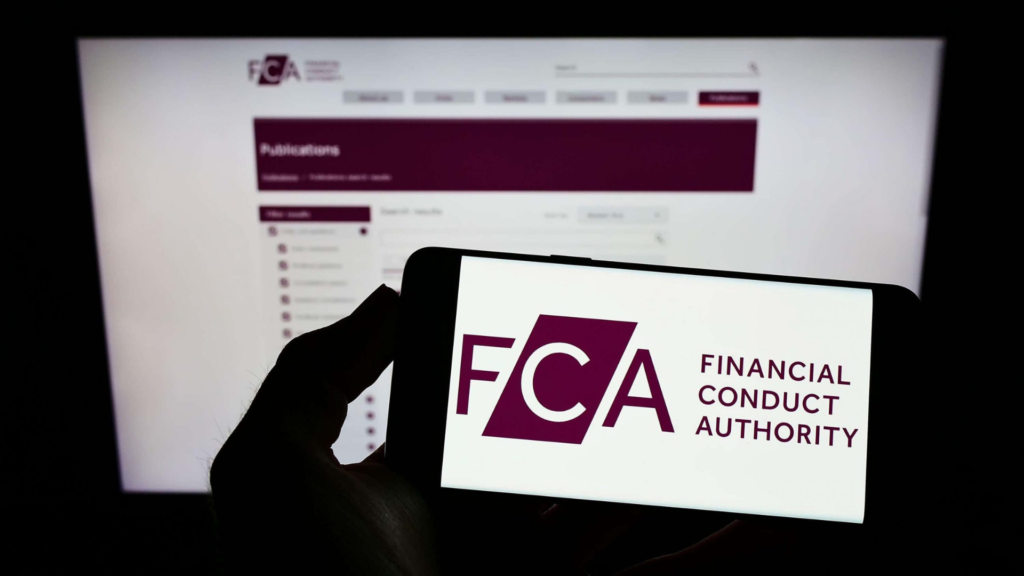The car finance industry in the UK is at a crossroad, and a storm may be brewing that could cost the industry billions of pounds in compensation to consumers. The crisis stems from a recent October 25th ruling by the United Kingdom Court of Appeal, declaring it unlawful for car dealers to accept bonuses from banks offering motor finance without customer consent.
It took many in the motor finance industry by surprise and seems to have set the precedent for a multi-billion-pound redress scheme for consumers. This particular legal change has also raised concerns about a huge financial scandal of similar magnitude to the Payment Protection Insurance (PPI) misselling scandal. The process is likely to severely impact lenders such as Lloyds and Close Brothers Group.
This unrest comes at a time when UK households are under financial stress, leading to soeculation on the future and sustainability of the motor finance industry and how it affects the lending landscape. The Financial Conduct Authority (FCA) is increasing its pressure, forcing the industry to reshape how car loans are structured and sold.
Comparisons to PPI Scandal Raise Concerns of Multi-Billion Pound Payouts
The ruling by the Court of Appeal is arguably one of the most important in the car finance industry in the UK in the last few years. It is based on the claim that car dealerships’ receipt of incentives from banks or other lenders works to the disadvantage of consumers and is nondisclosure in nature.
This ruling has been compared to Britain’s payment protection insurance (PPI) scandal, which was said to have cost the banks more than £50 billion ($63.8 billion) and is considered the biggest misselling scandal in the country’s financial services industry.

Just like PPI, the focus is on the potential misselling of car loans, particularly around opaque commission arrangements between car dealers and lenders. Such arrangements also encouraged dealers to charge even higher interest rates, which was much more than what the consumers needed to pay. The FCA has described these commission structures as being against the consumer interest and not in compliance with fair lending.
RBC Capital Markets analysts have compared the two crises and pointed out that the size of potential payouts may be as big as in the PPI scandal. This situation could significantly reduce the capital base of institutions that are very active in the motor finance business. But Britain’s FCA has said that it will write to the Supreme Court to seek a ruling on whether it will allow lenders to appeal the ruling.
ALSO READ: How To Buy a Car With a Pre-Approved Loan
Major Banks Brace for Financial Impact, Lloyds Most Exposed
In response to the growing concerns, major UK banks are preparing for the financial consequences, with Lloyds Banking Group, Britain’s largest car finance business, identified as the most affected. This is particularly true because the bank heavily participates in car finance.
Hence, it has a lot at stake and is likely to be on the receiving end of large chunks of the potential payouts. According to reports, Lloyds has set aside £450 million in financial provisions for this. However, Lloyds is not alone in this; other key players, including Barclays and HSBC, have also begun to review their car finance offerings for risk.
Another major player in the industry, the Close Brothers Group, has also increased their efforts to address the impending problem. These banks have initiated extensive internal investigations and enhanced their compliance measures to reduce losses and regain customers’ confidence. However, the large number of potentially affected contracts could cause a significant financial impact, even with all the preventive measures.
Potential Ripple Effects on Broader Lending Market
Benjamin Toms, an RBC Capital Markets analyst of UK banks, said that if the Supreme Court upholds the lower courts ruling, the adverse effect on the motor finance sector, which includes both banks and non-banks, could be as much as £28 billion. He further went on to say, “Some lenders are likely to pull out of the market, which will mean less choice and higher prices for those looking to buy a vehicle.”

The crisis in the car finance industry could also impact the rest of the lending market in a big way. In cases where banks expect to make substantial payouts, they may limit their ability to lend to other sectors. This may result in a reduction of the basic eligibility lending standards, making it more difficult for customers to access loans across different categories, including mortgage loans and even personal loans.
This could make many people seek other ways of financing instead of getting into those loans; it may also make some save for a car instead of getting into such loan agreements. This change in consumer behaviour may continue to disrupt the car finance industry and affect car sales.
Fitch Warns of Downgrade Risks for Lenders With High Exposure
An influential rating agency, Fitch, issued warnings earlier this month about the possible downgrade risks for lenders with a significant concentration on the car finance industry. The agency placed the ratings of Close Brothers Group on “Rating Watch Negative” because the lender has “high exposure” to motor finance.
It also noted that regulatory penalties together with compensation costs may potentially erode the capital base of the organisations concerned. But sustaining investor confidence, which will be a challenge for Lloyds and Close Brothers Group, among others, in such conditions, will be a significant task.
Fitch has also pointed out that the situation may be even worse for small lenders and niche players in the premium finance segment who lack the financial resources compared to the deep pockets of large banks. Also, these lenders might end up facing higher funding costs and limited access to capital, which will escalate their problems.
FCA Investigates Industry Misconduct Related to Commission Arrangements
The focus of the FCA review and investigation are the commission arrangements between car dealers and lenders. These arrangements were commonly used to motivate dealers to charge higher interest rates on loans to customers while focusing on the car dealers’ bonuses. The FCA’s review is to prevent such practices and to improve the transparency of the car finance industry.
The regulator has already acted to limit discretionary commission arrangements, but further investigations indicate that stronger changes may be required. According to the FCA, by making lenders and dealers more responsible, consumers’ trust will be regained and the lending market will become fairer.

As a result of these changes, all the stakeholders in the financial value chain, starting from banks and car dealers to regulators and consumers, will have to find ways to navigate the challenges ahead. The way forward involves not only addressing immediate financial risks but also implementing long-term strategies to ensure the health and sustainability of the car finance industry in the UK.

